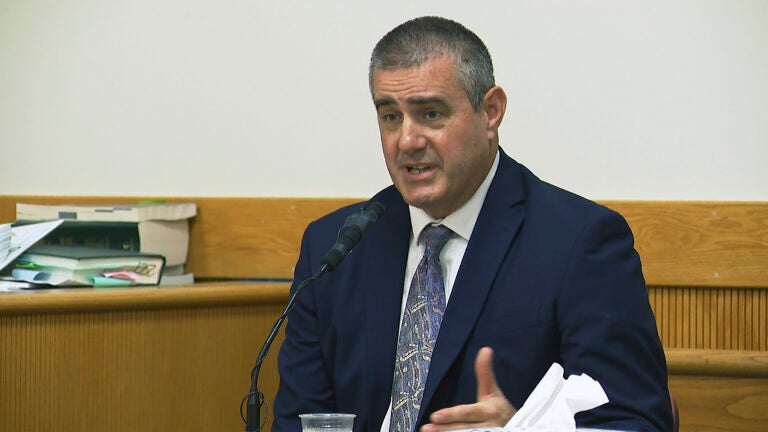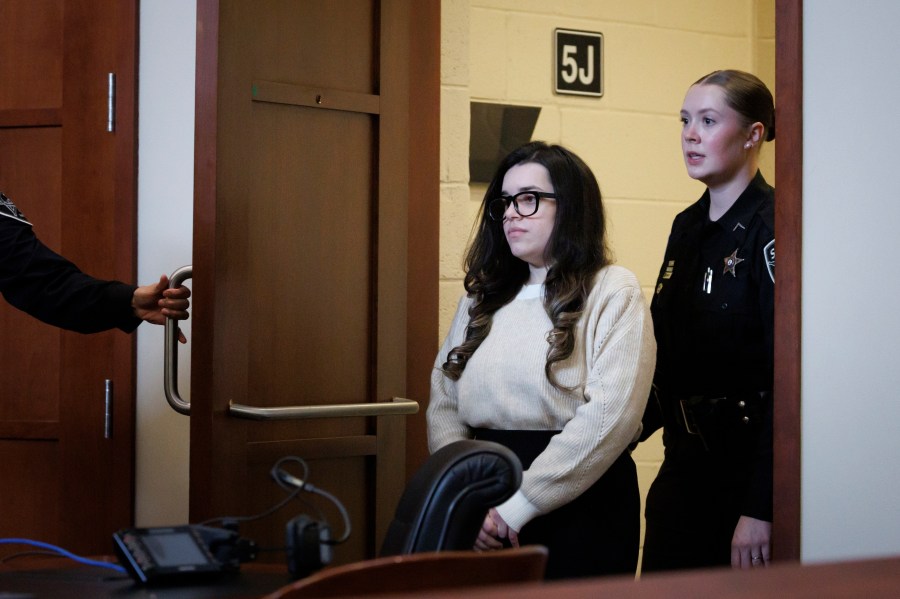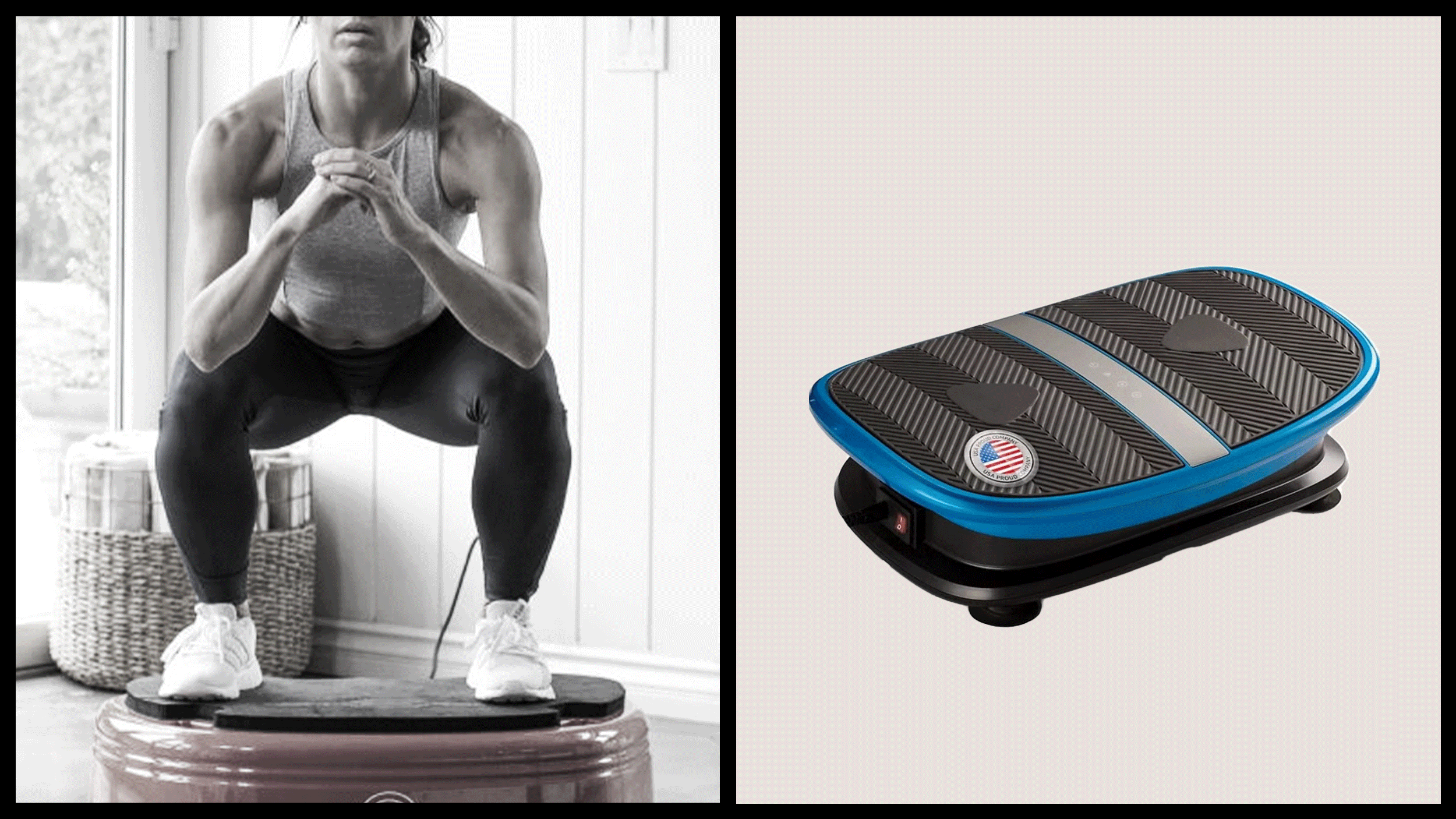
PROVIDENCE, R.I. (AP) — In a high-profile case that has gripped the local community, a jury has acquitted former Rhode Island high school basketball coach Aaron Thomas of second-degree child molestation and second-degree sexual assault. Instead, the jury found Thomas guilty of a lesser charge, misdemeanor battery, in a verdict delivered on Monday.
The decision concludes a nearly six-week trial that scrutinized Thomas’s controversial practice of conducting “naked fat tests” on hundreds of male student-athletes over several decades at North Kingstown High School. The jury’s verdict reflects a compromise, acknowledging inappropriate behavior without attributing sexual intent.
Controversial Practices Under Scrutiny
Throughout the trial, defense attorneys argued that while Thomas’s methods were unconventional, they did not constitute criminal activity. The defense maintained that the tests were not conducted for sexual gratification, a key element required for the more severe charges.
“We’d like to thank the jury for their attention, their hard work, and for their verdict. We are very satisfied that the jury saw the case as we saw it, no sexual intent whatsoever,” defense attorney John MacDonald stated outside the court.
Prosecutors’ Perspective
Prosecutors painted a starkly different picture, arguing that Thomas exploited his position to gain inappropriate access to students. “Above all else, this case is about the victims who suffered greatly behind closed doors,” said Attorney General Peter Neronha. “Pseudo-science is not an excuse for abuse, nor is winning more important than well-being.”
“We believe that what took place here was not just bad judgment, it was, and always has been, criminal conduct.” — Attorney General Peter Neronha
Neronha also highlighted the limitations of current laws, noting that the statute of limitations for second-degree assault in Rhode Island is three years. He has advocated for extending this period to 10 years, which would allow for more comprehensive legal action in similar cases.
Details of the Charges
The charges against Thomas were based on incidents involving two former students, one of whom was under 14 at the time. These incidents occurred in September 2000 and February 2002. Despite the numerous students involved over the years, the charges were confined to these specific cases.
Thomas’s defense questioned the reliability of the former students’ testimonies, suggesting that they were motivated by financial gain from a separate civil lawsuit. They also pointed to mental health issues affecting one of the accusers as a factor undermining their credibility.
Testimonies and Expert Opinions
During the trial, Thomas admitted that the removal of underwear was unnecessary for the tests, a point corroborated by body fat composition experts who testified that pinching near the groin is not a scientifically supported method for measuring body fat.
Thomas testified that he likely saw more than 600 students throughout his career, with “roughly 80%” of them taking their underwear off during the test.
The tests were conducted in private settings, initially in a small closet-like room and later in Thomas’s office, raising further concerns about the appropriateness of the practice.
Implications and Next Steps
Under Rhode Island law, misdemeanor battery carries a maximum one-year prison sentence and a fine of up to $1,000. Sentencing for Thomas is scheduled for June 26, and the outcome could set a precedent for how similar cases are handled in the future.
This case has sparked a broader conversation about the responsibilities of educators and the safeguards needed to protect students. As the community awaits the sentencing, discussions continue about potential reforms in school policies and state laws to prevent similar situations.
The verdict and its implications will be closely watched, not only in Rhode Island but across the nation, as schools and legal systems grapple with the balance between authority and accountability.






